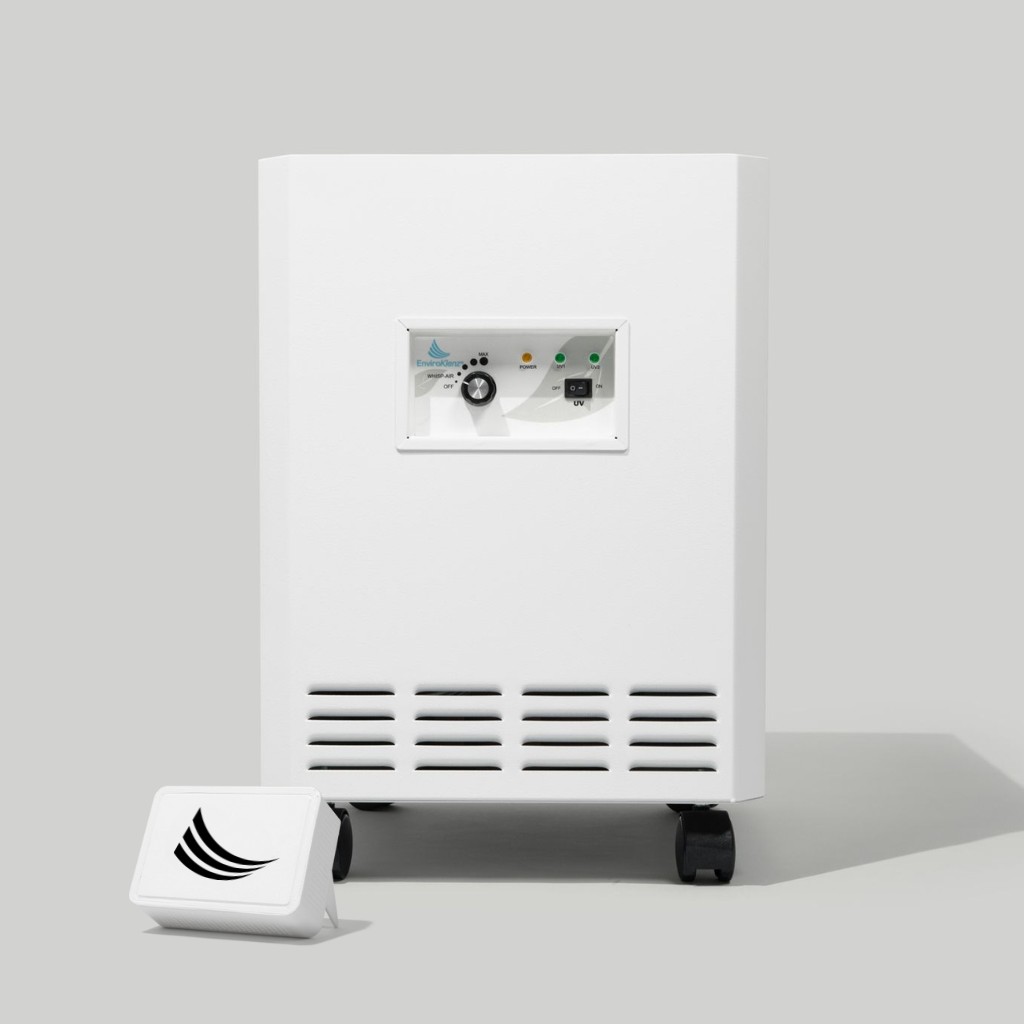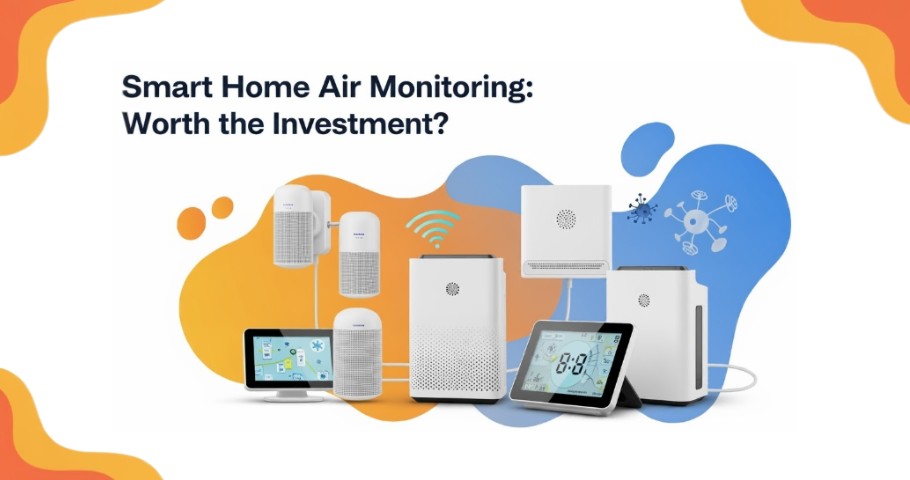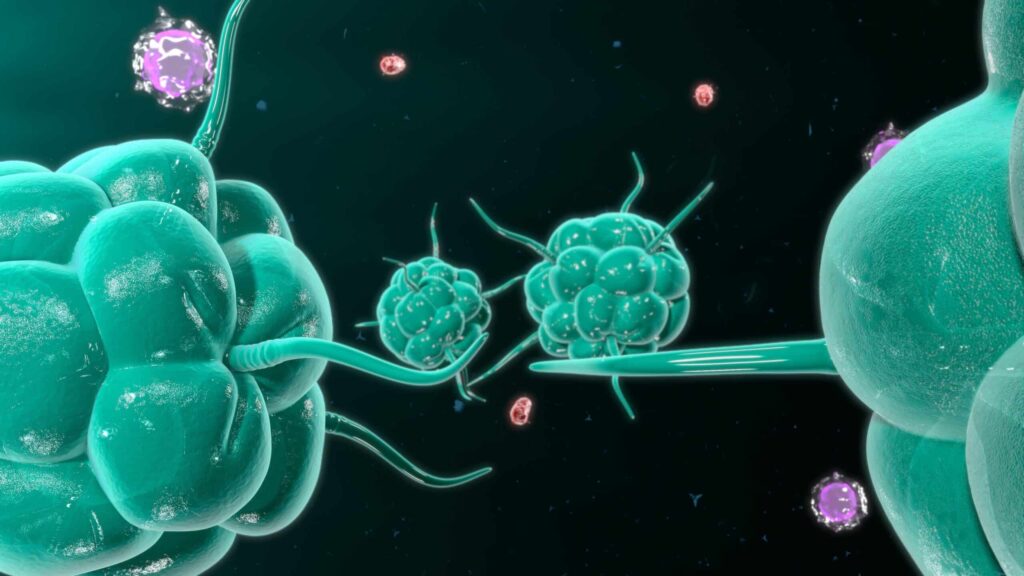For most people, our immune systems know the difference between our body’s cells and foreign substances and know to only attack those that pose a danger to our body. For some, however, our bodies don’t know the difference and may attack perfectly healthy tissue, resulting in autoimmune disease. Although the cause of why exactly autoimmune diseases may occur is unknown, we do know that there is a connection between the way our bodies handle allergens and autoimmune disease responses. Questions remain, however, what is the Connection Between Allergies and Autoimmune Diseases.
What is an autoimmune disease?
An autoimmune disease is a disorder in which the human body treats certain healthy tissues as if they were a threat. Our immune systems are designed to recognize substances according to the antigens they present. Antigens are molecules specific to those substances that our body can “read.” The majority of our bodies know the difference between its own antigens and those that come from elsewhere, such as bacteria and viruses. Some don’t, resulting in autoimmune disease. There are many different types of autoimmune diseases because our bodies can be triggered to respond this way by various factors. Some examples of such diseases include lupus, rheumatoid arthritis, and type 1 diabetes.
Just like there are many types of autoimmune diseases, the symptoms they present can greatly vary. Whatever the variety of diseases, inflammation of some sort as well as tissue damage is typically the result. Lupus, for example, generally causes swollen joints and kidney, thyroid, or gastrointestinal problems. Rheumatoid arthritis also causes joint swelling. Diabetes attacks and destroys the cells in our body that would normally produce insulin, resulting in an imbalance of blood sugar. Many of these conditions can result in low-grade fevers as our bodies unnecessarily think they are fighting off an infection.
What are the similarities and differences between allergies and autoimmune diseases?
Allergies occur when something foreign is introduced to the body and unnecessarily causes our immune systems to go into overdrive to try to fight it off. Substances that may cause allergies for some may elicit no reaction whatsoever from others. The principal similarity between the two is that the body exaggerates a threat or perceives something as a threat that isn’t, and unnecessarily attacks it.
Allergies and autoimmune diseases often present very similar symptoms. Both typically cause some sort of redness or swelling, due to the elevated immune response. Itchiness is another common symptom of both problems. Both can cause a general feeling of fatigue and sickness, in which the sufferer simply does not feel like their usual self. Flare-ups of allergies tend to come on at similar times when autoimmune diseases are at their worse. Thousands of patients who suffer from both report a synchronization of the two conditions.
Although they may appear to cause similar reactions to the body, allergies and autoimmune diseases also have many underlying differences. The main difference between the two is the trigger—allergies happen as our bodies respond to an external trigger such as pollen or certain foods, and autoimmune diseases are the result of an internal trigger, our own body’s cells. Another difference lies in how our bodies achieve an excessive immune response. Different lymphocytes are responsible for the reaction we have toward allergens, while certain T or B cells and their malfunction are to blame for reactions associated with autoimmune conditions. Also, treatment for the two differs because we don’t know as much about autoimmune diseases as we do about allergies. Treatments for allergies are now very targeted and specific, while treatment for autoimmune conditions is still quite general.
Links between allergies and autoimmune diseases
Although still in the early stages, some scientific data has been uncovered that supports the case of the two conditions being related. A gene called the BACH2 gene has been identified that may play an important part in both allergies and autoimmune diseases. Some people are born with slight variations in this gene, which helps to program how our bodies defend themselves. In certain cells, the BACH2 gene determines whether or not they will become regulatory or inflammatory. In a study of mice, it was found that those who had an allergy or autoimmune issues had defective BACH2 genes that therefore negatively affected how their bodies responded to certain substances.
Now that this information has been uncovered, scientists can further study the connection between allergies and autoimmune diseases. In order to have buy-in from other researchers and medical professionals, it is important that sufferers of one or both conditions report any correlation between symptoms and time of flare-ups to their doctors. This way, there is a more compelling argument to continue to study the correlation. Once we have a clearer picture of what is going on with the BACH2 gene and any other biological processes that lead to these conditions, scientists can come up with a more targeted solution.
How Indoor air quality plays a role in allergies & autoimmune diseases
As stated earlier the commonality between allergies and autoimmune diseases are the risk to environmental exposures. Often, one will take for granted the amount of time that they truly spend indoors and attribute their illnesses to environmental exposures from outdoors. The truth is that inside your home there are many culprits to negative air quality that if tended to can help remove some of the triggers to your reactions.
Removing harmful cleaning products from your home is one of the easiest items to scratch off your list and while you are purging your cleaning items, consider removing scented candles, scented plugins, and machines that emit essential oils and fragrances back into your environment. The next important item on the list should be in treating and removing airborne triggers and VOCs from your indoor environment. An air purifier can certainly help you in mitigating such harmful toxins but that is if you proactively choose the best air purifier for VOCs.
The majority of the air purification devices available utilize the same carbon technology which in short works to trap and store the VOCs and chemical odors at the source of the filter. The common problem with carbon is its reputation for releasing back into the environment, the very same chemicals and odors that are has trapped. In addition, homes with, high concentrations of VOCs will fill up the carbon filter a lot faster, which in turn means higher and more frequent replacement costs for the end-user.
What is the best air purifier for allergies and autoimmune diseases?
The EnviroKlenz Mobile Air System is your solution to removing VOCs and chemical pollutants from your indoor environment. With the use of a hospital-grade HEPA filter and an effective earth mineral technology air cartridge, this two-stage filtration is perfect to place in your indoor space to mitigate potential hazards to your health. Whether you have chemical sensitivities, allergies, or are just looking to improve your indoor air quality, the EnviroKlenz Mobile Air System is your answer!
Mobile Air System
✓ Patented earth mineral technology works to attack VOCs and break them down on a compound level
✓ No chemicals or masking agents
✓ Will not release any chemicals back into your environment
✓ Safer and faster at removing VOC’s than traditional carbon filters and PECO air purifiers
EnviroKlenz® Medical Disclaimer:
“Any information that is provided on this website is not for the use by any commercial or personal entity without expressed written consent of the blog author. The material and statements illustrated within this blog are not intended to diagnose, treat, cure, or prevent any diseases or medical conditions. Nor does the author in any way guarantee or validate the validity, totality, or efficacy of any claims and will therefore not be held responsible for the content of any claims. Always consult your medical physician for any specific medical advice or recommendations.”








